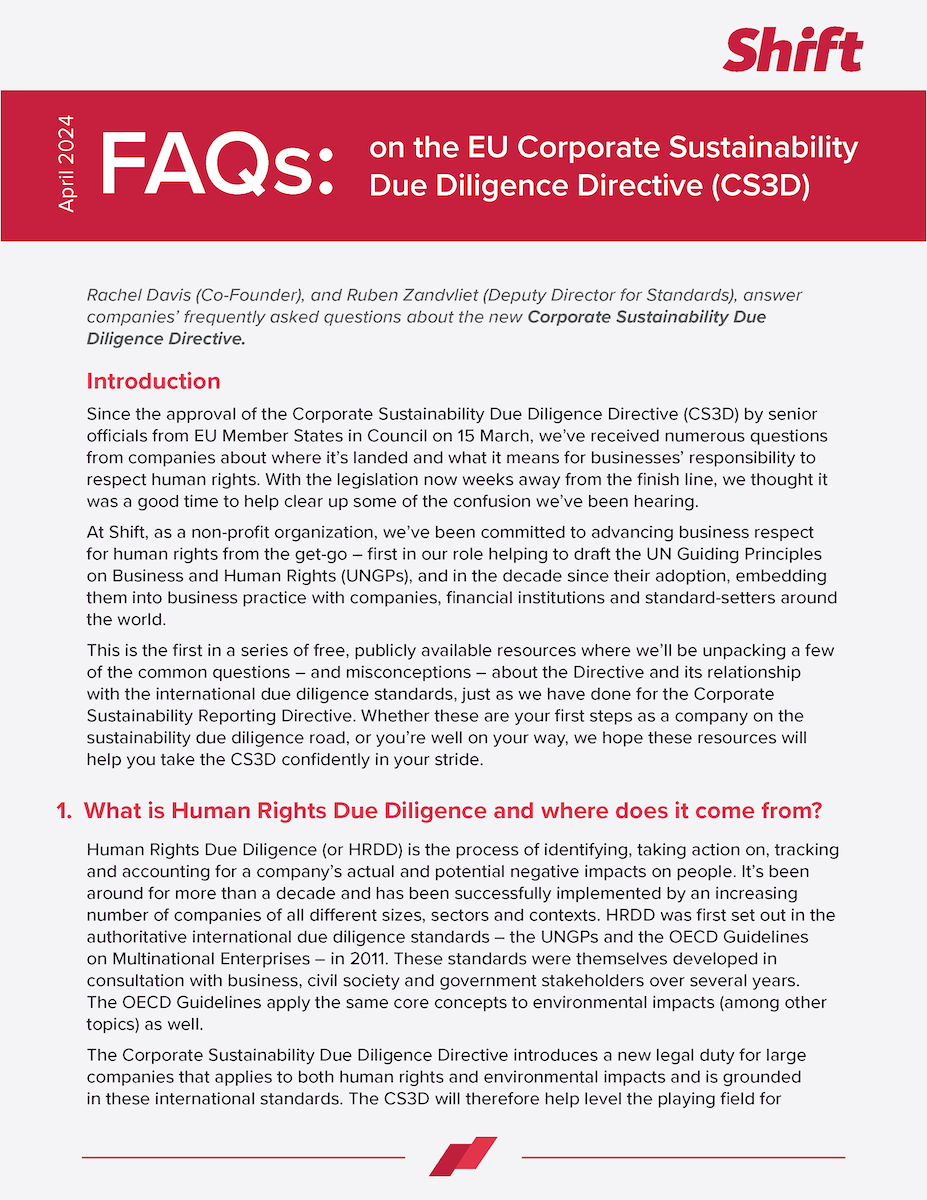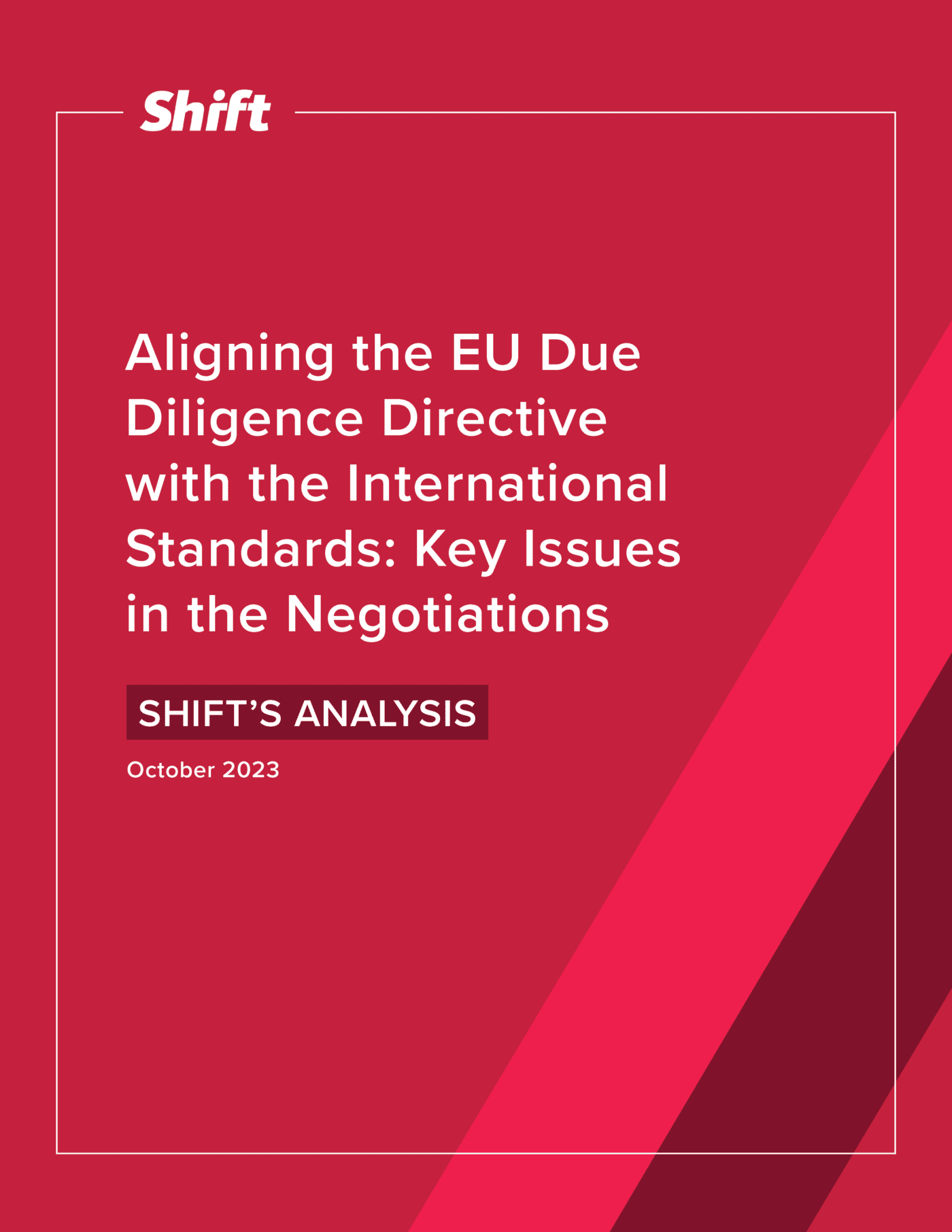“Participation in this project is very important to Vale, because it contributed directly to our process of continuous improvement in the management of human rights.”
Adolfo Gonçalves, Labour Relations Manager, Vale
The International Labour Organization’s (ILO) International Programme on the Elimination of Child Labour (IPEC) was created in 1992 with the overall goal of the progressive elimination of child labor, which was to be achieved through strengthening the capacity of countries to deal with the problem and promoting a worldwide movement to combat child labor. ILO-IPEC is the largest program of its kind globally and the biggest single operational program of the ILO.
Since its creation in 1920, the International Organisation of Employers (IOE) has been recognized as the only organization at the international level that represents the interests of business in the labor and social policy fields. Today, it consists of national employer organizations from over 140 countries from all over the world.
This joint project of ILO-IPEC and the IOE sought to develop a “Child Labor Guidance Tool” (2012 concept note) that would provide guidance on how companies can avoid child labor and contribute to child labor remediation, whether in their own operations or in their supply chains, through appropriate policies, due diligence and remediation processes that are aligned with ILO Conventions on child labor and the Guiding Principles.
“The ILO-IOE project on business and child labour has provided valuable, cross-functional learning for The Coca-Cola Company on this critical issue. We have benefited from the expert assessment process, which has led to improvements in our policies and due diligence systems. TCCC would highly recommend this project to companies interested in developing effective systems to identify, prevent, mitigate, and, if necessary, remediate child labour, all while contributing to the creation of an authoritative global guidance tool.”
Ed Potter, [former] Director, Global Workplace Rights, The Coca-Cola Company
In the first stage, Shift developed a protocol and conducted assessments of an initial group of companies from diverse industry sectors, including AngloGold Ashanti, The Coca-Cola Company, Sterling Industries and Vale. The assessments explored alignment with the key elements of the corporate responsibility to respect in relation to the prohibition of child labor, generating important lessons for the project. In 2014, the project team consulted with other companies and expert stakeholders. In December 2015, guidance was published by the ILO and IOE, with support from Shift, to help companies do business with respect for children’s rights.



